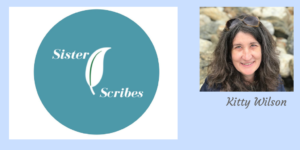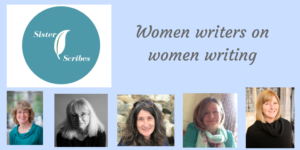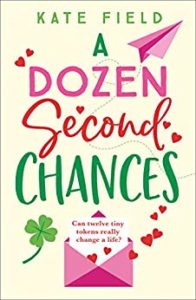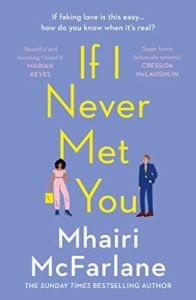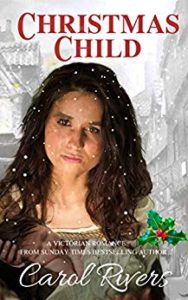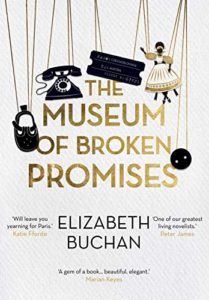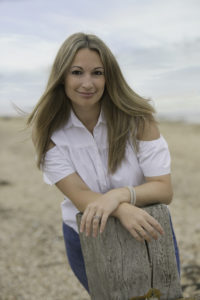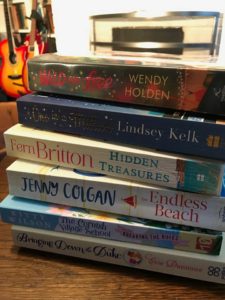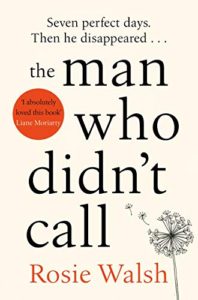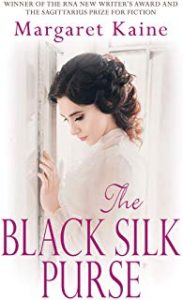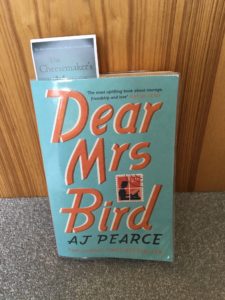When I wrote the first book in The Cornish Village School I had initially intended for it to be a stand-alone. The thought of turning it into a series wasn’t something that had occurred to me, not for one moment. But my publisher suggested that this was a great idea and I happily agreed. Being a self-flagellating writer type – many of us are – I was astonished at the suggestion that readers would want to read about Penmenna School more than once but was very willing to do as I was told (such a good girl). I was worried though about what I would write about, how many single teachers can one small school have?
I am currently finishing writing the fifth and final in the series and have loved every minute of my time in Penmenna. It has expanded from a tale of a headteacher to a series that has embraced the highs and lows of a whole community and I am saddened that this is my last foray into the village. It was my choice but is bittersweet all the same. On the other hand whilst it feels odd to be on the brink of creating a brand-new world – I have inhabited Penmenna for the last three years – it’s exciting too. A whole new blank sheet to fill with whatever and whomever I want.
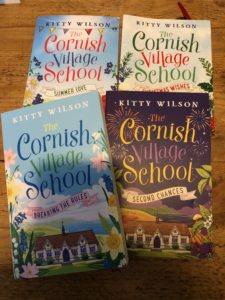 As a reader, I read the most when I was an adolescent, before the responsibilities of adult life caught up with me and I loved a series, then they were often trilogies. I devoured everything I could find on my mother’s shelves, the Jalna books come to mind, Norah Lofts, and R F Delderfield.
As a reader, I read the most when I was an adolescent, before the responsibilities of adult life caught up with me and I loved a series, then they were often trilogies. I devoured everything I could find on my mother’s shelves, the Jalna books come to mind, Norah Lofts, and R F Delderfield.
Why did I enjoy reading these books so much? With a series each book feels like returning to good friends. The start of a new book within a series is both comfortable and exciting, you have created a bond with the characters, feel you know them, where they’re going, and it’s exciting willing them on. The end of a book often feels as if it’s come around too soon, you want more time with them, you’re not ready to say goodbye.
The same is true when it comes to writing. Currently I am finishing up Marion’s story. She began in the first book as a velociraptor draped in Cath Kidston and was the ultimate baddie, loathsome. Having a series means I have been able to develop her and turn her into a heroine. I am fully rooting for her now and really hope readers will do the same as her story finishes.
But it’s not all been plain sailing. The tricky thing with writing a series, unless you plan every last detail (and I am a planner), something will come back to bite you. I have had so many plot possibilities pop into my head, have written chapters and then realised I can’t use them because they contradict something miniscule I wrote in one of the other books. So, whilst you know your characters better – a bit like real people – certain things have happened in their world which prevent them from moving on in a way that would be helpful to your current plot. And you have no-one to blame but yourself.
Do keep your eyes peeled for the cover reveal of the final book in The Cornish Village School series, it will be coming on Valentine’s Day and I cannot wait to share it with you.

